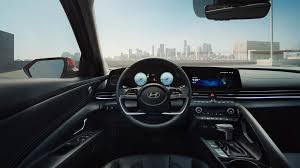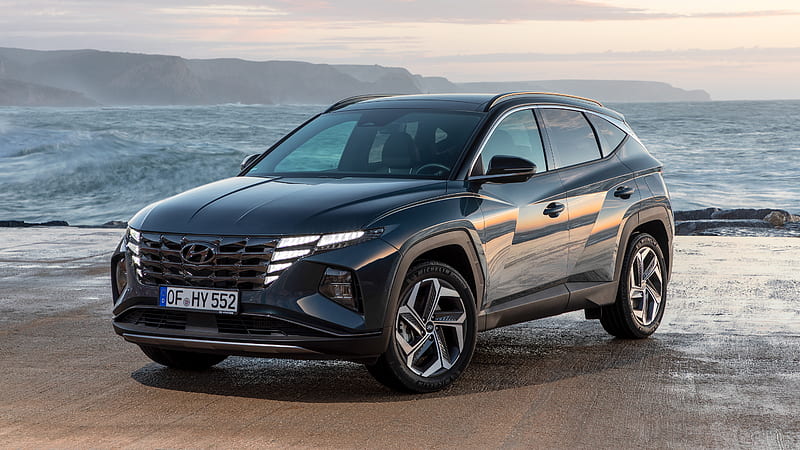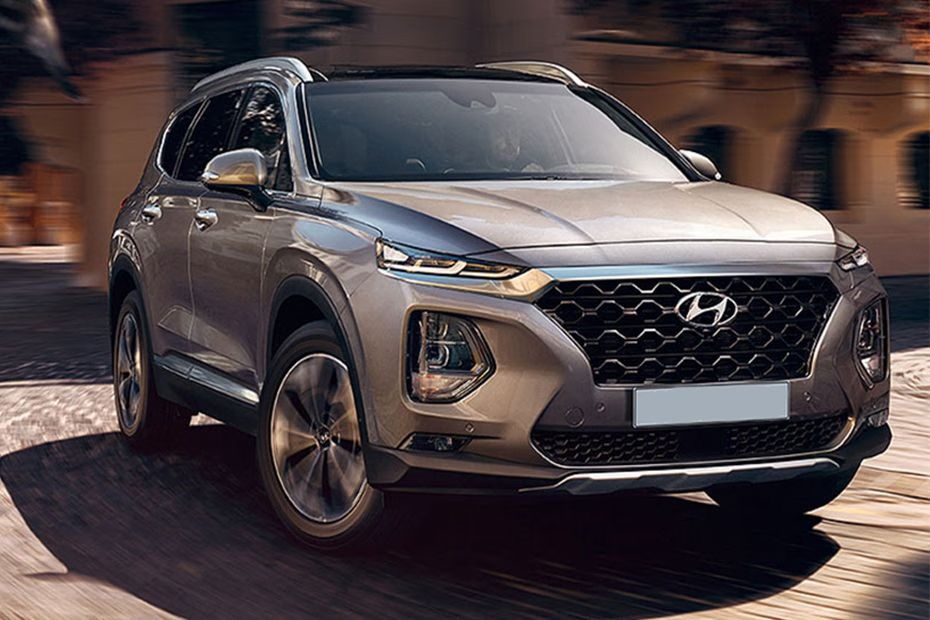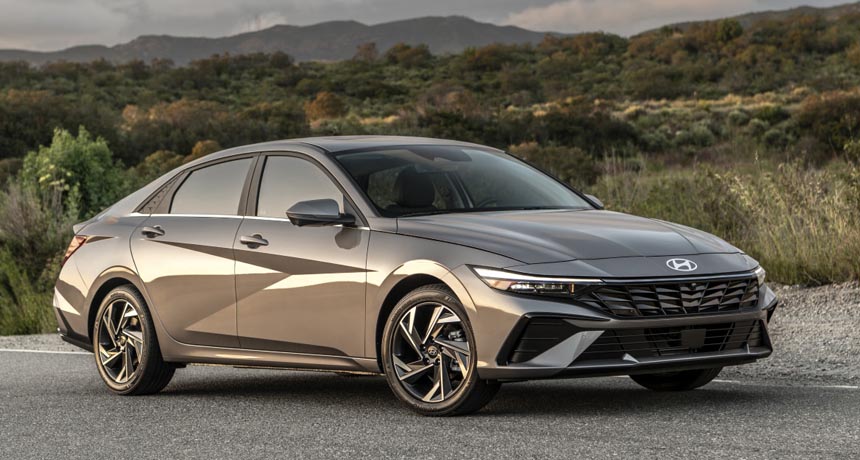HYUNDAI CAR PRICE IN PAKISTAN 2025
There was a time when the name “Hyundai” conjured images of affordable, reliable, but ultimately uninspiring economy cars. They were the sensible choice, the “first car” for many, but rarely the object of desire. Fast forward to today, and the story could not be more different. Hyundai is now a brand that turns heads, wins prestigious awards, and genuinely worries its established Japanese, German, and American competitors.
So, how did this remarkable transformation happen? Hyundai didn’t just change its logo; it orchestrated a masterful, multi-pronged revolution in design, technology, and corporate philosophy. This isn’t just a rebrand; it’s a complete redefinition.
The Pillars of Hyundai’s Metamorphosis
Hyundai’s journey from a value brand to a premium innovator rests on four key pillars:
1. “Sensuous Sportiness” Design Language:
Gone are the bland, anonymous shapes of the past. Under the guidance of Chief Design Officer Luc Donckerwolke (formerly of Lamborghini, Bentley, and Audi), Hyundai introduced the “Sensuous Sportiness” philosophy. This design language focuses on emotional, flowing lines, a confident stance, and intricate details like parametric jewel-pattern lighting. Cars like the Hyundai Sonata and Elantra are now design statements, with sharp creases and a coupe-like silhouette that makes them stand out in a sea of conformity.HYUNDAI CAR PRICE IN PAKISTAN 2025
2. The N Performance Division:
If design got people looking, the “N” division made them believe. Modeled after BMW’s M division, Hyundai N was born from the brand’s successful World Rally Championship program. The results are cars like the Veloster N and Elantra N—hot hatches and sedans that deliver spine-tingling exhaust notes, razor-sharp handling, and track-ready performance that can go toe-to-toe with European benchmarks. Hyundai N proved the company wasn’t just about getting from A to B; it was about the thrill of the drive.
3. The Ioniq Electric Vehicle Sub-Brand:
Recognizing the industry’s electric future, Hyundai made a bold, clean break by creating the standalone “Ioniq” sub-brand for its dedicated electric vehicles. This was a genius move. It distanced their advanced EVs from their gasoline past and allowed for a distinct, futuristic design identity. The Ioniq 5, with its retro-futuristic “Pixel” lighting and flat-floor E-GMP platform, was a revelation. It wasn’t just another electric car; it was a design icon that immediately challenged the Tesla Model Y and Ford Mustang Mach-E.
4. Unmatched Warranty and Assurance:
Even as it moved upmarket, Hyundai never abandoned the core value proposition that built its reputation: confidence. The famous 5-Year/60,000-Mile New Vehicle Warranty and 10-Year/100,000-Mile Powertrain Warranty remain industry benchmarks. This peace of mind gives buyers the courage to invest in Hyundai’s newer, more advanced technologies, knowing the company stands firmly behind its products.
Spotlight on the Game-Changers: A Detailed Look
Let’s break down the key models that embody Hyundai’s new identity, comparing their features and pricing.
Table 1: Hyundai’s Core Redefined Lineup
| Model | Starting Price (MSRP) | Key Feature Description | Target Audience |
|---|---|---|---|
| Elantra N | $33,245 | A 276-hp turbocharged sports compact with an electronic limited-slip differential, race-tuned suspension, and N Grin Shift function for 20 seconds of overboost. | The driving enthusiast who wants performance and practicality. |
| Ioniq 5 | $41,450 | Built on the E-GMP 800V architecture, it offers ultra-fast charging (10-80% in 18 mins), a stunning, spacious interior with a movable center console, and available Solar Roof. | The tech-savvy early adopter seeking a stylish, sustainable, and feature-packed EV. |
| Santa Fe Hybrid | $35,345 | A ruggedly redesigned SUV with a standard HTRAC AWD system, offering impressive fuel economy (34 MPG combined) and a versatile, upscale cabin. | The active family needing space, efficiency, and all-weather capability without a premium price tag. |
| Palisade | $36,825 | Hyundai’s flagship 3-row SUV, boasting a commanding presence, a quiet and luxurious interior, and a plethora of standard safety and convenience features. | The large family or road-tripper seeking premium comfort and space at a value. |
| Tucson Hybrid | $32,875 | Features a bold, parametric-jewel grille, offers a highly efficient hybrid powertrain, and an incredibly spacious cabin for its class. | The urbanite or suburbanite wanting a stylish, efficient, and practical compact SUV. |

Deep Dive: The Ioniq 5 – A Case Study in Innovation
The Ioniq 5 deserves its own section. It’s more than a car; it’s the physical manifestation of Hyundai’s new strategy. Let’s examine its features in a detailed table.HYUNDAI CAR PRICE IN PAKISTAN 2025
Table 2: Hyundai Ioniq 5 Trim Level & Feature Breakdown
| Trim Level | Starting Price | Battery & Range (EPA Est.) | Key Performance & Charging | Premium Interior & Tech Features |
|---|---|---|---|---|
| SE Standard Range | $41,450 | 58 kWh / 220 miles | 168 HP, RWD, 400V/800V multi-charging | Dual 12-inch screens, Hyundai SmartSense, Apple CarPlay/Android Auto |
| SE | $43,950 | 77.4 kWh / 303 miles | 225 HP, RWD, Ultra-Fast Charging | Heated Front Seats, Power Driver Seat, V2L Adapter (vehicle-to-load) |
| SEL | $46,150 | 77.4 kWh / 303 miles | 225 HP, RWD, Ultra-Fast Charging | Heated Steering Wheel, Power Passenger Seat, Blind-Spot View Monitor |
| Limited | $51,600 | 77.4 kWh / 303 miles | 320 HP, AWD, Ultra-Fast Charging | Glass Roof, Premium Bose Audio, Head-Up Display, Remote Smart Park Assist |
| Limited RWD | $49,100 | 77.4 kWh / 303 miles | 225 HP, RWD, Ultra-Fast Charging | Glass Roof, Premium Bose Audio, Head-Up Display, Relaxation Seats |
*V2L (Vehicle-to-Load) is a standout feature, allowing you to power household appliances, electronics, or even another EV from the Ioniq 5’s battery, turning it into a giant power bank on wheels.*
The Road Ahead: What’s Next for the New Hyundai?
Hyundai’s redefinition is an ongoing process. The company is aggressively investing in hydrogen fuel cell technology (NEXO), autonomous driving, and advanced air mobility (e.g., flying cars). The recently unveiled N Vision 74 concept—a hydrogen hybrid rolling lab—shows that the company’s commitment to pushing boundaries is stronger than ever.
Conclusion
Hyundai’s story is a masterclass in corporate evolution. By making bold bets on design, performance, and electric technology—all while maintaining its foundational promise of quality and value—Hyundai has successfully shattered its old image. It is no longer just an alternative; it is now a leader, an innovator, and a brand that inspires passion. The next time you see a Hyundai, know that you’re not just looking at a car; you’re looking at the result of one of the most impressive transformations in modern automotive history.

https://postnest.cloud/wp-admin/post.php?post=1061&action=edit



